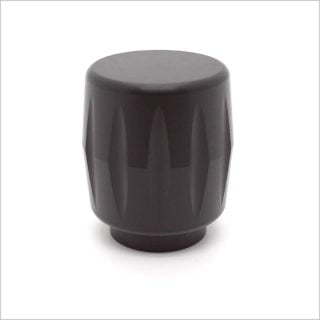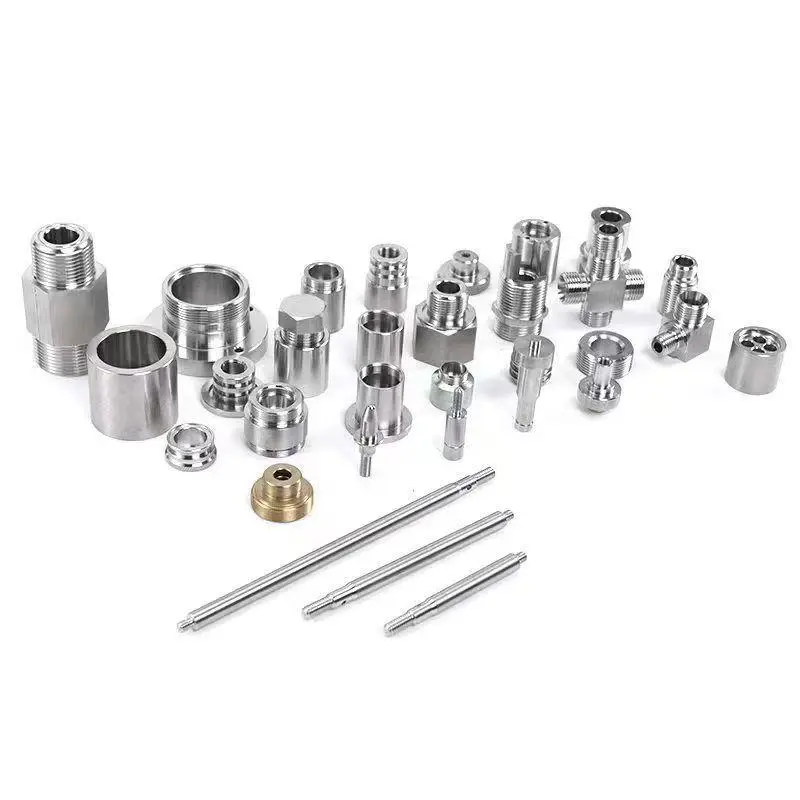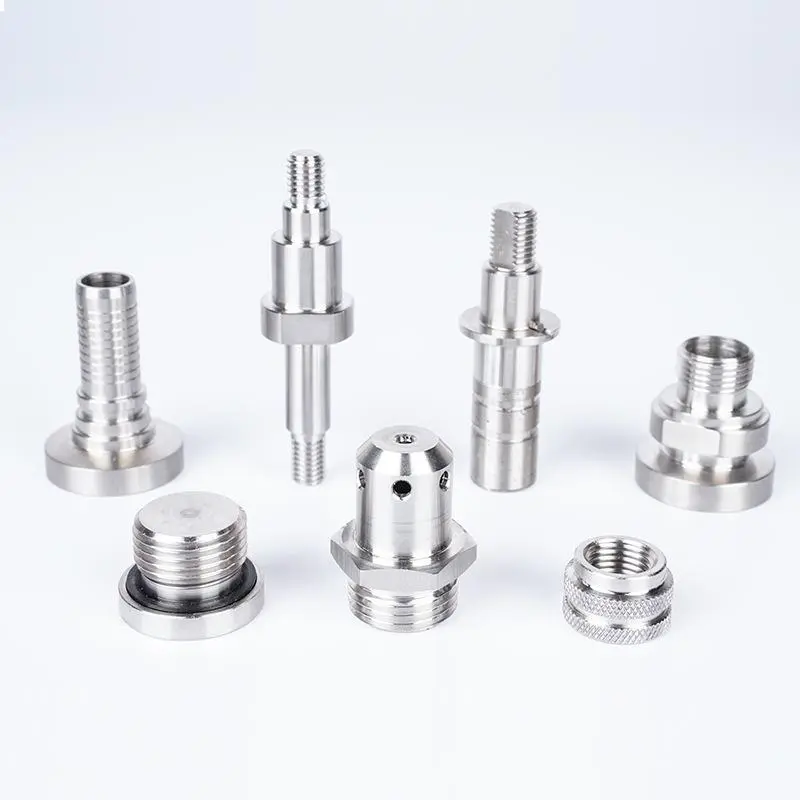Understanding CNC Swiss Plastic Machined Parts: Precision Engineering for Versatile Applications
Published Time:
2025-09-25
CNC Swiss plastic machined parts represent a significant advancement in the field of precision engineering and manufacturing. Utilizing Computer Numerical Control (CNC) technology, these parts are produced with exceptional accuracy and consistency, making them ideal for a wide range of applications. The Swiss machining technique, known for its ability to manufacture complex geometries and intricate designs, is well-suited for plastic materials, thus broadening the scope of what can be achieved in plastic component manufacturing.
One of the primary advantages of CNC Swiss machining is its ability to create highly detailed and precise parts in a single setup. This not only reduces production time but also minimizes the risk of errors that can occur when parts are transferred between different machines. As a result, manufacturers can achieve tighter tolerances and improved surface finishes, which are essential in industries such as aerospace, medical, and automotive.
The choice of materials is also crucial when it comes to CNC Swiss plastic machined parts. Various types of plastics, such as nylon, polycarbonate, and acrylic, can be utilized depending on the specific requirements of the application. These materials offer unique properties, including lightweight, corrosion resistance, and flexibility, all of which can be advantageous in certain environments. The versatility of plastics allows engineers to tailor parts to meet specific performance criteria, which is particularly important in highly specialized sectors.
Furthermore, the efficiency of the CNC Swiss machining process contributes to cost-effectiveness. Although the initial investment in CNC machinery and software may be substantial, the long-term benefits, such as reduced waste and improved production efficiency, can lead to significant savings. As manufacturers seek to remain competitive in a rapidly evolving market, the integration of CNC Swiss plastic machined parts becomes an increasingly attractive option.
In addition to their manufacturing benefits, CNC Swiss plastic machined parts are also environmentally friendly. The precision of the CNC process ensures that material usage is optimized, leading to less waste compared to traditional machining methods. Additionally, many plastics used in CNC Swiss machining are recyclable, further enhancing the sustainability of the manufacturing process.
In conclusion, CNC Swiss plastic machined parts are a vital component of modern manufacturing, offering precision, efficiency, and adaptability that meet the demands of various industries. As technology continues to evolve, the capabilities of CNC machining will likely expand, opening new avenues for innovation and application in the realm of plastic components. Understanding the benefits and functionalities of these parts is essential for industries looking to leverage the advantages of advanced manufacturing techniques.
One of the primary advantages of CNC Swiss machining is its ability to create highly detailed and precise parts in a single setup. This not only reduces production time but also minimizes the risk of errors that can occur when parts are transferred between different machines. As a result, manufacturers can achieve tighter tolerances and improved surface finishes, which are essential in industries such as aerospace, medical, and automotive.
The choice of materials is also crucial when it comes to CNC Swiss plastic machined parts. Various types of plastics, such as nylon, polycarbonate, and acrylic, can be utilized depending on the specific requirements of the application. These materials offer unique properties, including lightweight, corrosion resistance, and flexibility, all of which can be advantageous in certain environments. The versatility of plastics allows engineers to tailor parts to meet specific performance criteria, which is particularly important in highly specialized sectors.
Furthermore, the efficiency of the CNC Swiss machining process contributes to cost-effectiveness. Although the initial investment in CNC machinery and software may be substantial, the long-term benefits, such as reduced waste and improved production efficiency, can lead to significant savings. As manufacturers seek to remain competitive in a rapidly evolving market, the integration of CNC Swiss plastic machined parts becomes an increasingly attractive option.
In addition to their manufacturing benefits, CNC Swiss plastic machined parts are also environmentally friendly. The precision of the CNC process ensures that material usage is optimized, leading to less waste compared to traditional machining methods. Additionally, many plastics used in CNC Swiss machining are recyclable, further enhancing the sustainability of the manufacturing process.
In conclusion, CNC Swiss plastic machined parts are a vital component of modern manufacturing, offering precision, efficiency, and adaptability that meet the demands of various industries. As technology continues to evolve, the capabilities of CNC machining will likely expand, opening new avenues for innovation and application in the realm of plastic components. Understanding the benefits and functionalities of these parts is essential for industries looking to leverage the advantages of advanced manufacturing techniques.
Previous Page
Previous Page
NewsCenter
Beijing Pafinal Precision Machinery Co., Ltd.
Email:sales@pafinal.com

Address: No. 239 Huanhe South Road, Tianjin Pilot Free Trade Zone (Airport Economic Zone), Tianjin
中企跨境-全域组件
制作前进入CSS配置样式
sales@pafinal.com:
Whatsapp:
在线客服添加返回顶部
图片alt标题设置: PAFINAL
表单验证提示文本: Content cannot be empty!
循环体没有内容时: Sorry,no matching items were found.
CSS / JS 文件放置地




 2025-09-25
2025-09-25

